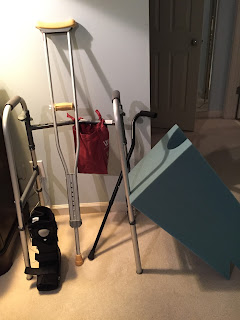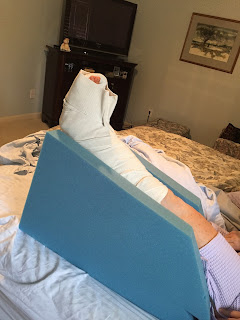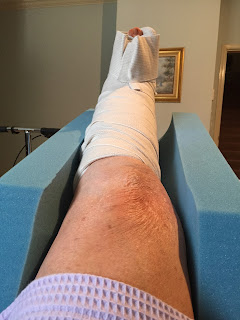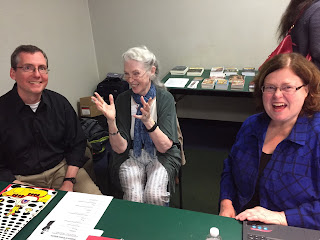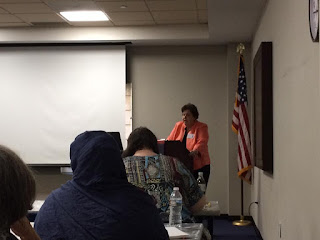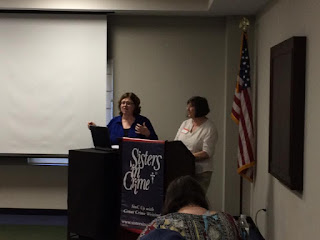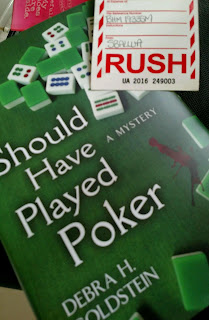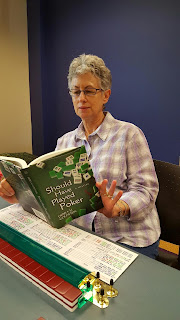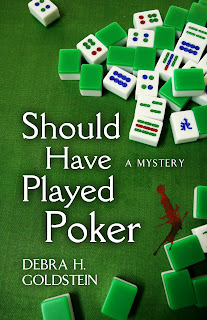Are Blogs Passe?
Blogs Passe? by Debra H. Goldstein
University of Michigan’s campus in the 1970’s was about to be published, I was
advised to quickly create a website, social media presence, and a blog. The
result was:
thought. What I discovered during the time that elapsed between the original
publication of my 2012 IPPY award winning Maze
in Blue, its reissuance by Harlequin Worldwide Mystery as a May 2014
selection, and Five Star’s 2016 publication of Should Have Played Poker: a Carrie Martin and the Mah Jongg Players
Mystery, was that technology changed what was needed to attract readers. Websites
had to be more interactive and mobile friendly, pictures and crafts demanded a
presence on Instagram and Pinterest, and besides having a personal blog, it was
beneficial for emotional support and reaching other readers to be part of a
group blog, like The Stiletto Gang.
meant redesigning my website, devoting more time to social media, and writing
three blog posts a month (I write the
Stiletto Gang blogs posted on the 2nd and 4th Fridays
of the month and alternate having a guest post or one by me every other Monday
for It’s Not Always a Mystery), I
complied. In my free time, I enjoyed life, produced twenty short stories that
have been published and a few still looking for a home, and wrote the first
book for a new series that will soon be shopped by my agent.
world of publishing and suggested means of connecting with readers has
changed
significantly. One of the most discussed things is the role of the blog. Some
argue, there are simply too many, so none are being read. Others contend blogs
are the only thing giving readers a consistent way of interacting with an author
by providing an opportunity to read and comment on their thoughts and
activities.
deadlines is sometimes onerous, but I’m always glad when I complete one. I like
sharing a bit of myself with you. I also enjoy reading blogs written by others.
I always read everyone’s postings on The Stiletto Gang because we are all so
different. Although I may not always write a comment on the blog itself or when
it is reprinted on our Facebook page, I respect and value the different views
we express.
about blogging? Do you think they have served their purpose? Do you look
forward to them? Do you prefer ones written by individuals like It’s Not Always a Mystery or group blogs
that appear more often, but are written by more authors like The Stiletto Gang?



